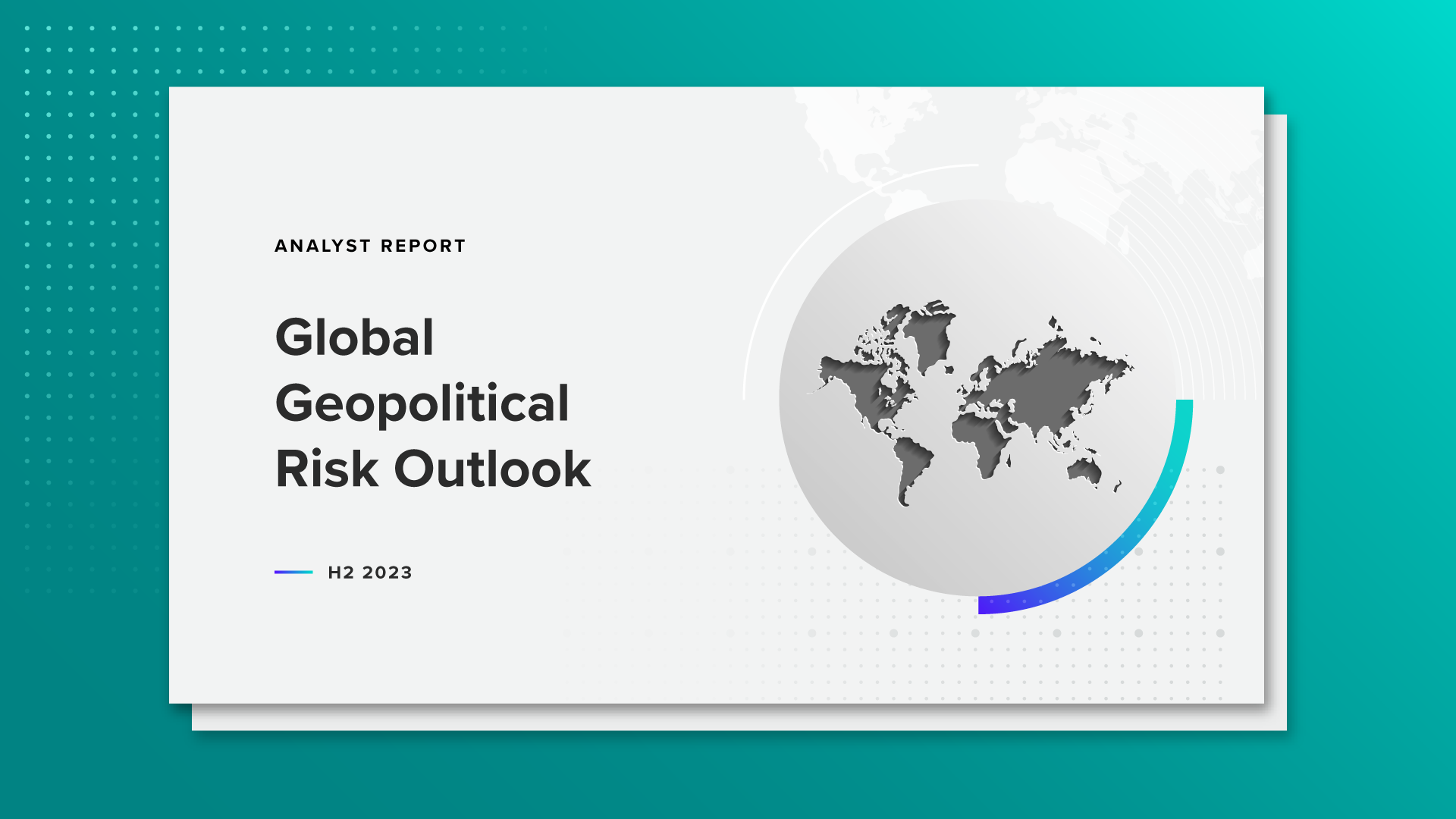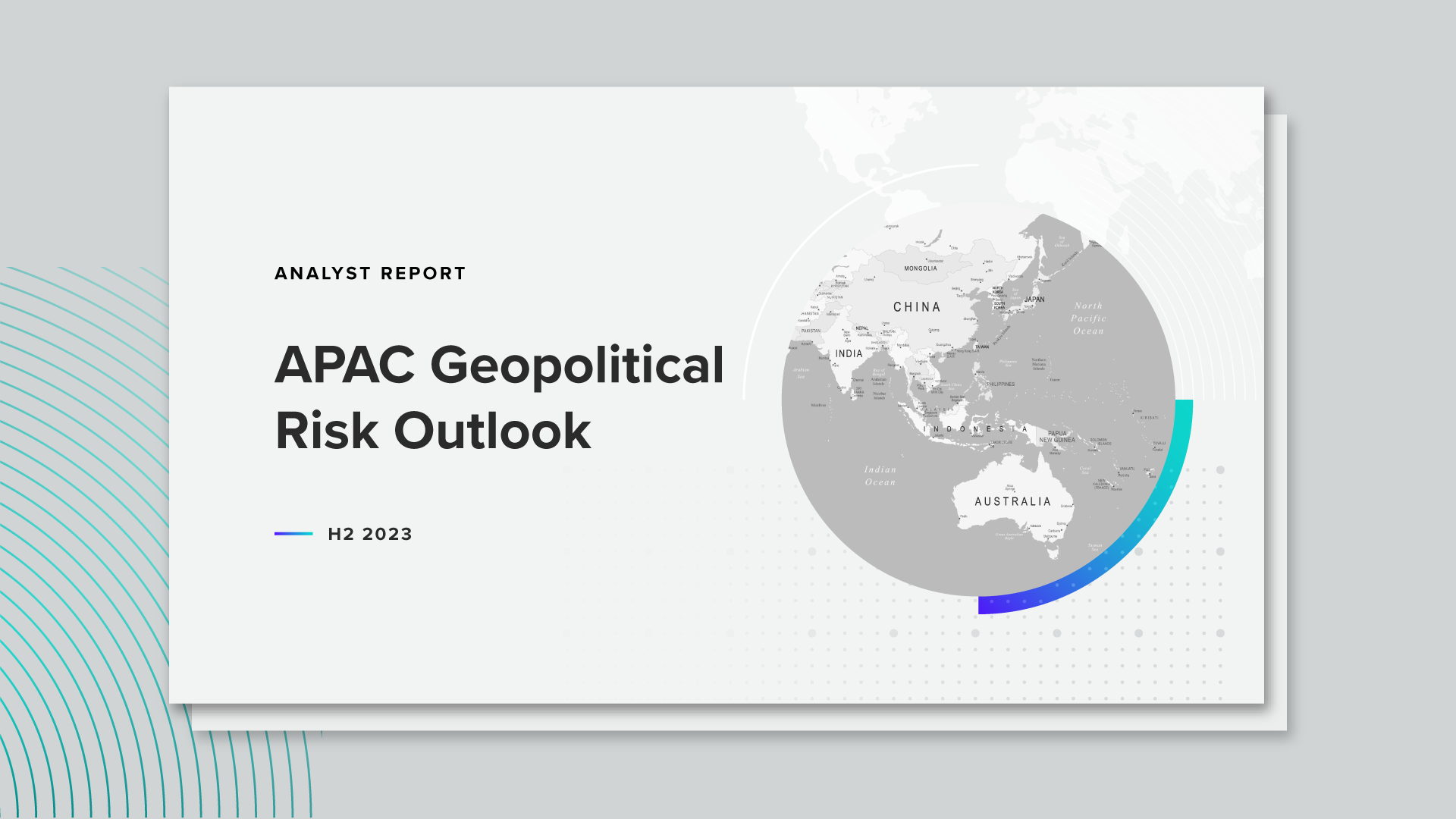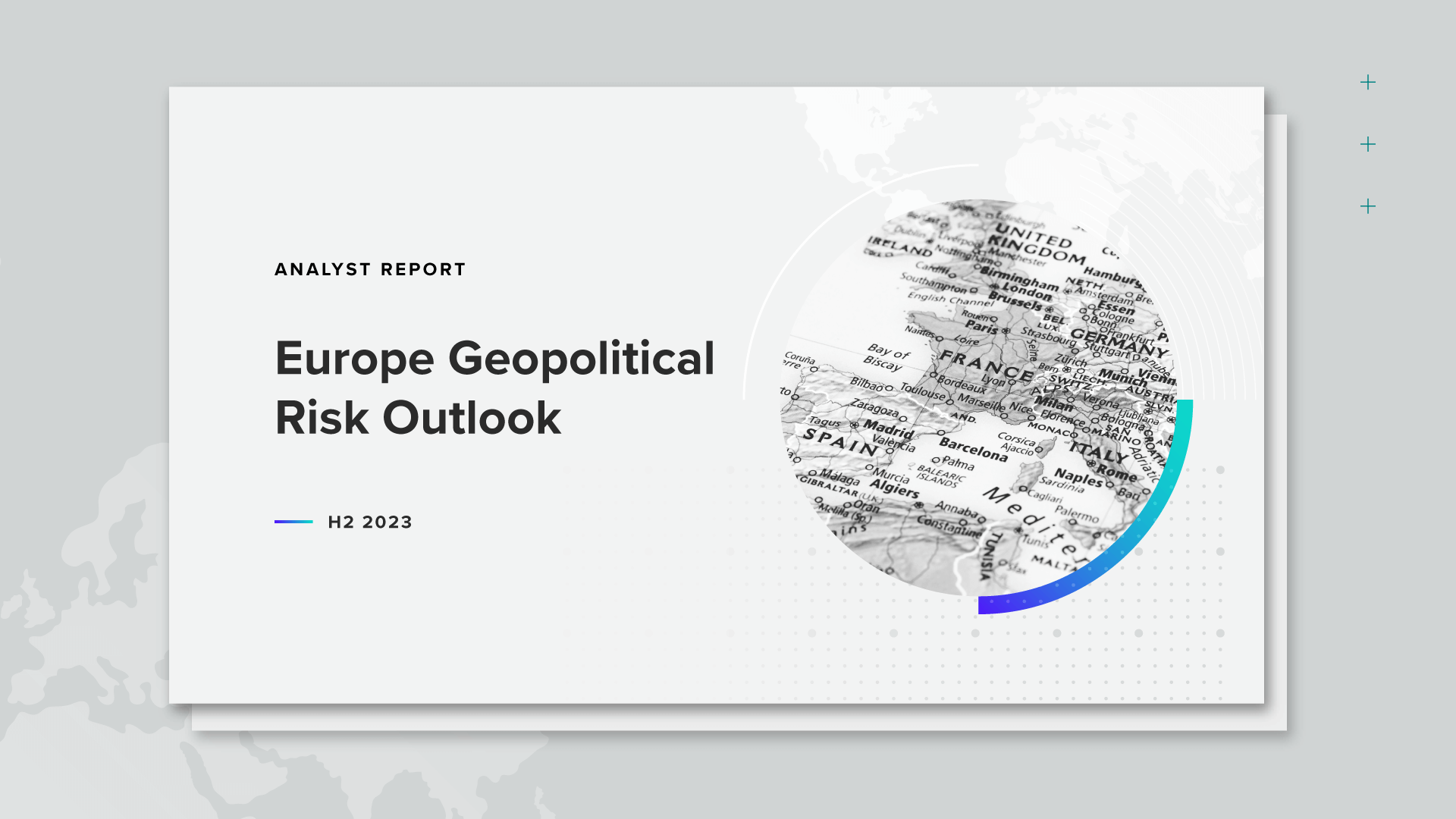Global Populations Are Moving On From COVID-19. Now What?

Key Takeaways
COVID-19 has lost its grip on the world’s collective psyche. In a tracking first, a plurality of adults across 18 major economies have become slightly more likely to say that COVID-19 is a minor threat rather than a major threat. One in 5 now say it is not a threat at all.
Favorability of governments and U.S. vaccine manufacturers have receded in tandem. The former poses major risks for preparedness in future crises, since it is highly predictive of compliance with health interventions.
Trust in the health care industry overall nevertheless remains highly positive.
This opens the door for members of that industry — potentially including vaccine manufacturers — to play honest broker in many markets, using the industry’s solid reputation to bolster public health initiatives and education.
Doing so is a win-win, helping to shore up the industry’s reputation among global consumers while bolstering trust in public authorities — essential elements for successful emergency response.
Sign up to get our analysis and data on how business, politics and economics intersect around the world.
Public views of COVID-19 reach a major tipping point
The pandemic has lost its grip on the world’s collective psyche. In a tracking first, the average adult across 18 major economies has become slightly more likely to say that COVID-19 is a minor threat rather than a major threat. One in 5 now say it is not a threat at all.
Concern About COVID-19 Has Declined Remarkably Across 18 Countries
Trust in governments and health care systems is key to future pandemic preparedness
Complacency would be a mistake. Epidemiologists warn that the frequency of pandemics is accelerating in our interconnected world. Many public health officials, meanwhile, worry that the international community is now less prepared to handle another pandemic due to more fragile medical supply chains, limitations on public health authorities, human resource challenges in health care and worrisome trends in public opinion, which can affect compliance with vaccination campaigns and non-pharmaceutical interventions.
Trust in government is a strong predictor of public compliance with interventions like social distancing and vaccine uptake, and consequently with public health outcomes such as case counts and mortality rates. As is now well-known, low public trust in political authorities and institutions during the COVID-19 pandemic led to vaccine hesitancy and vulnerability to misinformation related to the virus.
While average trust in government across 16 major economies has rebounded slightly in the last 10 months, it remains net negative, raising the specter of persistent risk.
Net Trust in Government is Negative, But Has Seen a Small Rebound Recently
With COVID-19 in the mental rearview mirror, U.S. vaccine producers have (mostly) lost their halo
As the world moves on from the pandemic, favorability toward companies that played a major role in fighting it have also come back down to earth. Looking back to early 2021, shortly after the Food and Drug Administration provisionally approved Pfizer’s vaccine for use in Americans aged 16 and up, our data shows an arc of gratitude from people in various countries toward three major COVID-19 vaccine manufacturers (Johnson & Johnson, Pfizer and Moderna). On average, the vaccine producers’ reputations improved throughout summer 2020 on news of imminent vaccine release, peaked soon after and have since slowly reverted to their pre-pandemic norm.
Strikingly, favorability among U.S. adults is currently below where it was in December 2020. In most other countries, the companies’ average reputation followed a similar path, with a few notable exceptions. In Mexico and Brazil, approval of the vaccine manufacturers rose sharply and has not declined back to earlier levels. In China, which has its own domestic Sinovac vaccine that competes with U.S. pharmaceutical companies, the trend is the inverse of the one seen elsewhere, with views of U.S. manufacturers declining in 2021 and then rising slightly higher than earlier levels.
U.S. Vaccine Makers’ Average Public Approval Has Largely Reverted to Earlier Levels
What we do that’s different: Brand data used in this analysis is available exclusively in Morning Consult Intelligence, an exclusive online platform tracking consumer attitudes daily on key indicators for nearly 4,000 brands in 40+ markets.
What Morning Consult Intelligence tracks: Globally, we ask consumers daily about awareness, trust, purchasing behaviors, favorability, net promoter score and buzz. This depth and frequency offers an exclusive, real-time pulse identifying changes in consumer opinion.
The health care industry can shore up trust by playing honest broker
While the average reputation among major vaccine makers and average trust in government has fallen, trust in the health care industry is still very high globally, with the industry enjoying significantly higher public trust than large corporations in general. In all 17 countries where we survey on the issue, people have highly net positive views of the health care industry. This indicates that the decline in favorability toward major pharma companies as the pandemic receded was a reversion to a previous mean and did not convey underlying disillusionment with health care companies in general. This puts pharmaceutical and health care companies in a key position to play honest broker between the public and governments in much of the world in pursuit of future pandemic preparedness and also commercial gains.
The Health Care Industry Enjoys High Net Trust Globally
Public-private health partnerships around pandemic preparedness are a reputational win-win
The pharmaceutical industry saw its global image improve as it helped counter the COVID-19 pandemic. Now that populations in most countries no longer view the pandemic as a major threat, this temporary reputational boost has receded somewhat. But the health care industry still enjoys high trust generally, and can shore up its reputation by engaging in public health initiatives that remind the general public of the industry’s key role in crisis response. This is a win-win for both companies and international pandemic preparedness.
Sonnet Frisbie is the deputy head of political intelligence and leads Morning Consult’s geopolitical risk offering for Europe, the Middle East and Africa. Prior to joining Morning Consult, Sonnet spent over a decade at the U.S. State Department specializing in issues at the intersection of economics, commerce and political risk in Iraq, Central Europe and sub-Saharan Africa. She holds an MPP from the University of Chicago.
Follow her on Twitter @sonnetfrisbie. Interested in connecting with Sonnet to discuss her analysis or for a media engagement or speaking opportunity? Email [email protected].


